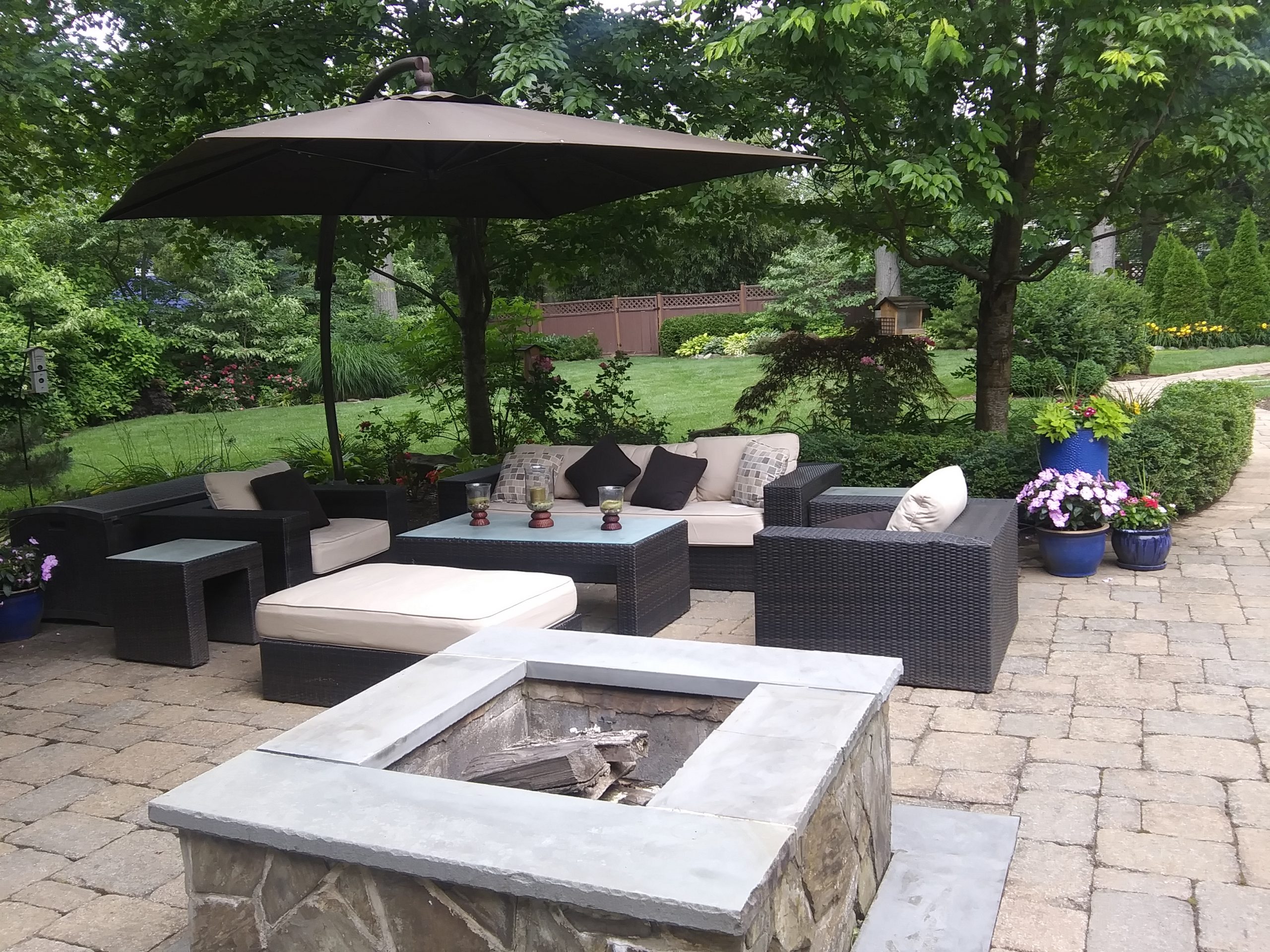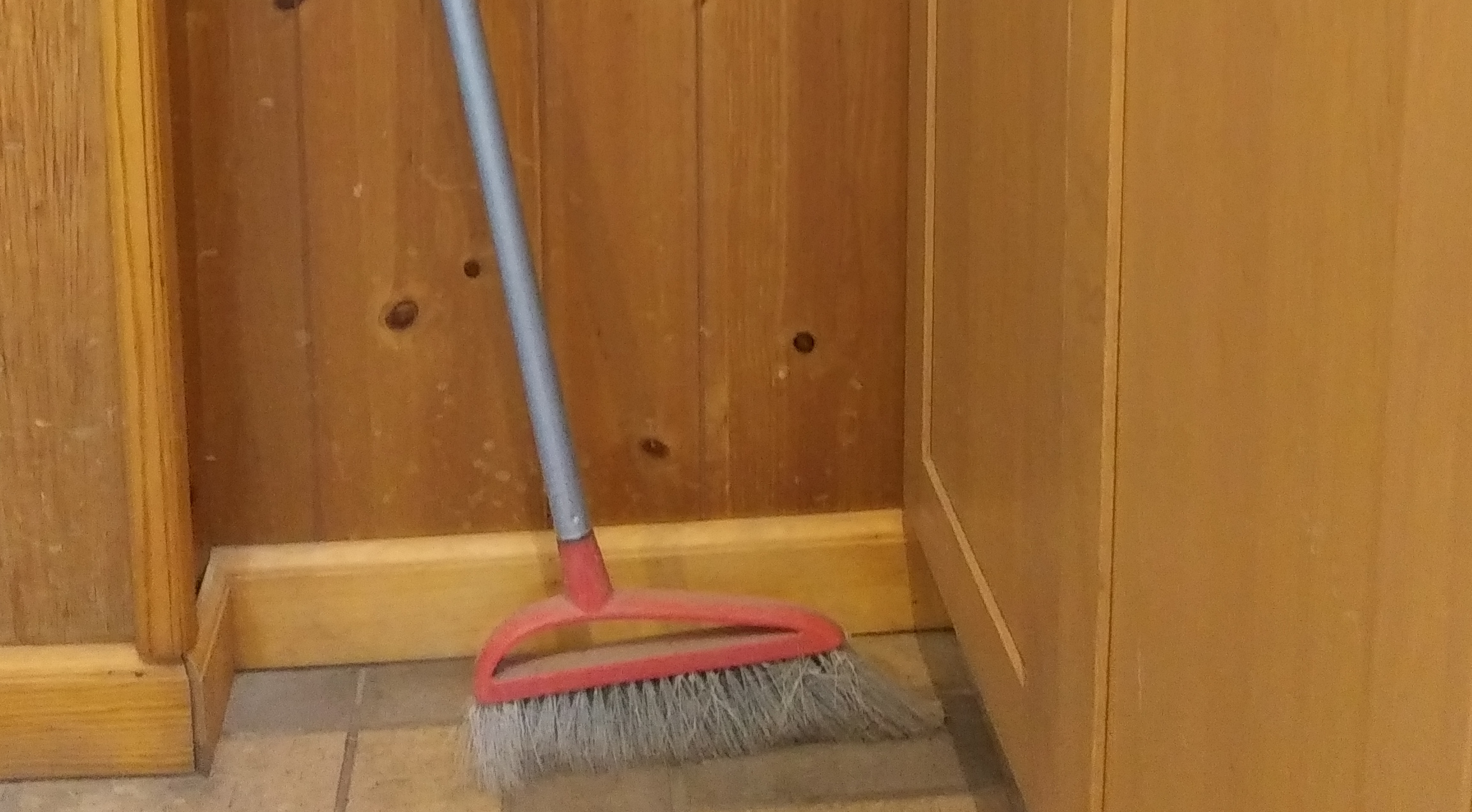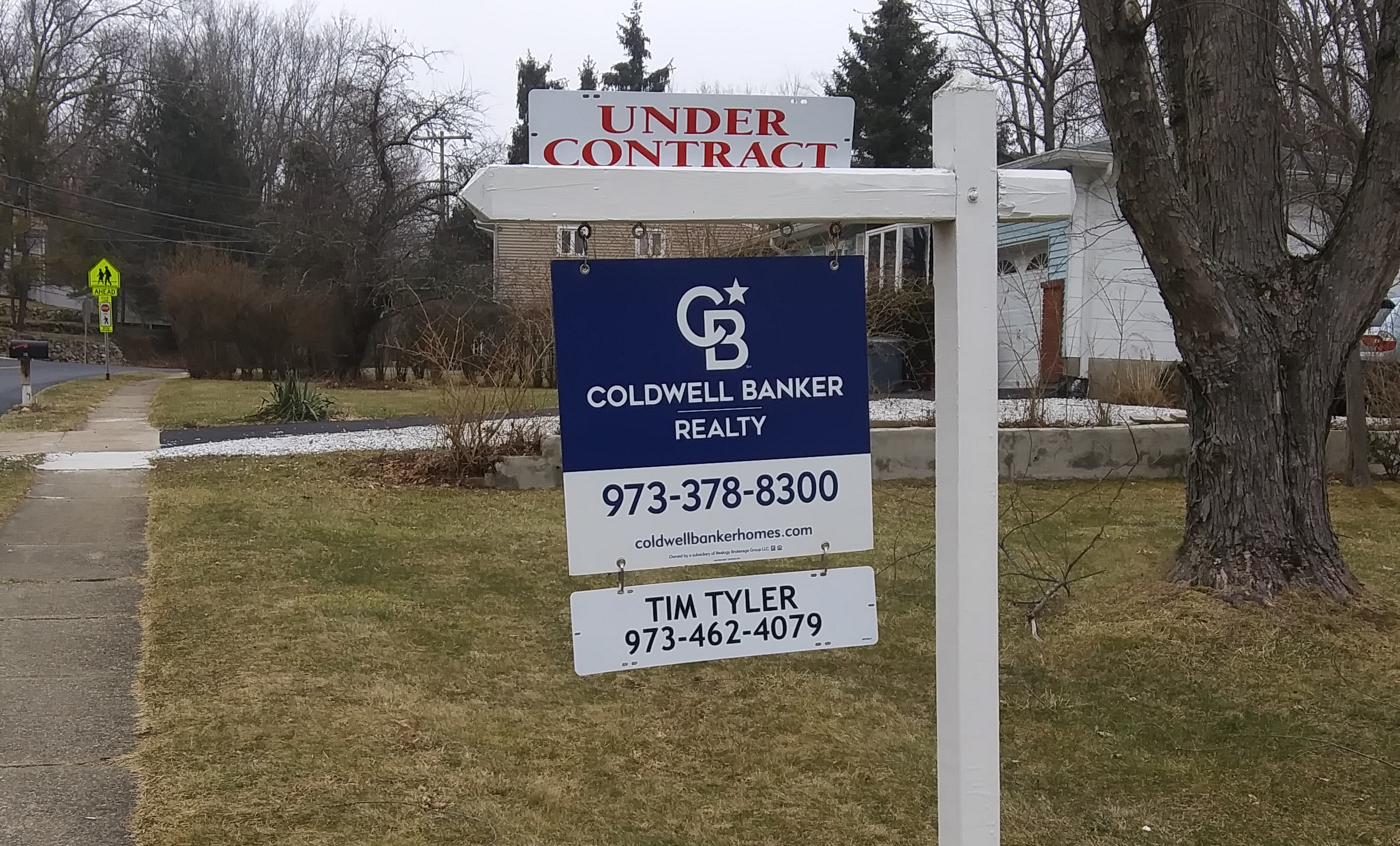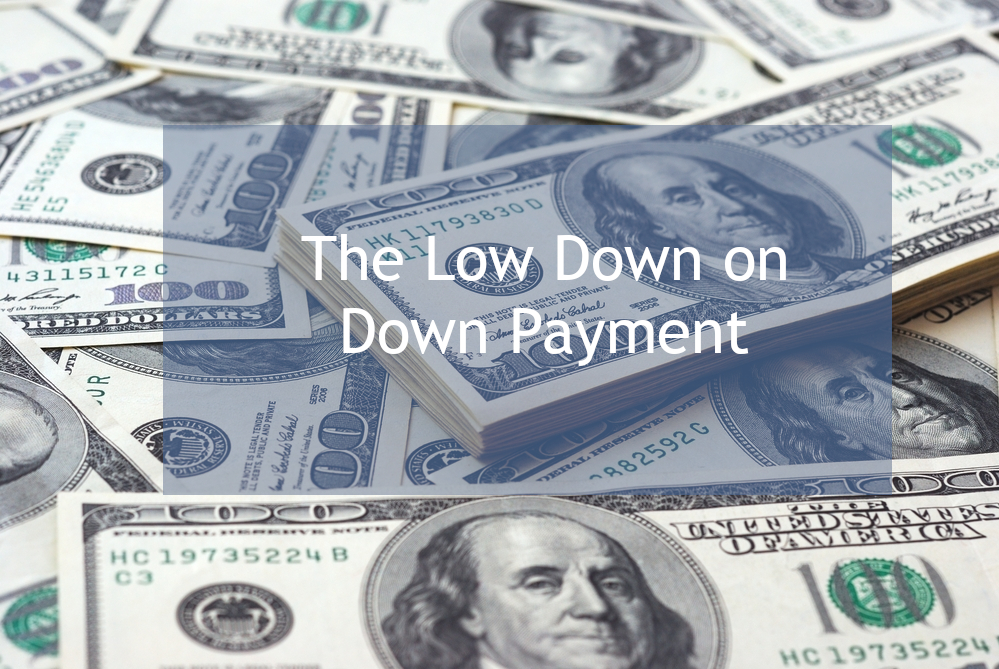Backyards for Barbecues


For some people, homes are about how many bedrooms and bathrooms. For others its about granite countertops and stainless steel appliances in the kitchen. But for some people its more about the outside of the house than the inside.
If you are the type who loves having friends and neighbors over, commanding the grill, entertaining in the great outdoors, the backyard may be the most important item on your must-have list. And not just any backyard, but one with a deck, a patio, maybe even a pool. Here are a few considerations are you look for a new home, or look to transform your current backyard into your dream home:
The Outdoor Kitchen
For some, a standard metal gas grill just doesn’t cut it. Whether its a flagstone island with inbuilt grill, or a cabana with a built in bar (with refrigerator), or a wood-fired brick oven, there is almost no kitchen appliance that can’t be built outdoors. There are modular systems that you can assemble, or you can spend money on custom-built kitchens that cost as much or more than your indoor kitchen. But then, if you spend the bulk of your summer outside or all your weekends entertaining your friends and family, that might well be worth the investment. Adding a great dining area on a paver patio, with a firepit or a pergola will make your home feel as big as all outdoors!
The Green Thumb Garden
If gardening is your thing, perhaps a garden path lined with raised beds will create the perfect oasis. Raised bed can help make gardening less hard on your knees and back. A vertical garden can be a great way to make maximum use of a smaller yard, or bring your garden to your deck. You could even combine a vertical garden with your outdoor kitchen!
The Three Season Room
If you love a cookout, but not the bugs, or wish to enjoy a fresh breeze even when its too rainy to eat outdoors, a three-season room may be the answer. A screened-in porch allows you to enjoy the best of the great outdoors but escape the rain, bugs and even the heat of the midday sun. You can even find systems that allow for swapping out screens for Plexiglas windows to extend your outdoor fun into the spring and fall.

Serenity Pools
For some, a swimming pool is a must. For others, a pool may be too much work, or with small children, too much hazard. But a water feature like a koi pond or a small waterfall and pond may create a cool, serene environment with less risk or maintenance.
Bonus: Add this simple recipe to your next backyard barbecue

Here’s a simple recipe you can add to your next summer barbecue:
Zesty Bean Salad
Ingredients
1 15.5oz can Small Red Beans washed and well drained
1 15.5oz can White Beans (Cannellini) washed and well drained
1 15oz can Black Beans washed and well drained
1 7oz can White Shoepeg Corn drained
1 10oz can Diced Tomatoes and Green Chilis well drained
(Optional) 1 4oz can Diced Green Chilis (if you like your salad a little zestier)
1 Bottle Vinaigrette Dressing
Drain and wash all beans. Drain well. Combine with drained corn. Drain diced tomatoes and green chilis well, add to bean mixture and stir thoroughly. Cover with vinaigrette and let chill for 8 hours or overnight.

May Flowers – A quick guide to curb appeal


Now that Spring has (finally) sprung, you may be thinking about putting your home on the market. And even if that’s not your plan (for this year, at least), you may still be thinking “what do the neighbor’s think” as you survey your suddenly unruly yard. Here’s a quick guide to improving your home’s curb appeal to get the most money, or the greatest enjoyment out of it.
Home Shaming
Yes, that’s right, home shaming is a thing. Have you ever thought “there’s no way I’m inviting X over, they will think my house is a disaster”? That’s home shaming. Perhaps your busy schedule, or lack of a green thumb leaves you feeling your “that neighbor”, the one with the house all the other neighbors talk about. And not in a good way! If you are thinking of selling your home, it’s likely prospective buyers will think the same.
If you are thinking of selling, but the thought of tackling your yard gives you agita, consider bringing in a professional landscaper. Research shows that a well landscaped home can sell for as much as 12.7% more than a home without landscaping. For a $500,000 home, that could be as much as $63,000! A professional landscaper could add some real value to your home for considerably less.
The DIY Approach
There are some simple things you can do to help your curb appeal, even if your thumb is more black than green. Starting with a
While you are at it, is there a lot of clutter, garbage cans, hoses, old lawn furniture around? Clean that all up! You can use strategically planted bushes or a fence made of prefab lattice to hide garbage cans, air conditioning units and other items. If you have no place inside for yard items, consider putting hoses, gardening tools, etc. in attractive baskets or pots, or a bench container. Add mulch and colorful flowers to give some pop to your yard.
Beyond the Yard
Of course if you are cleaning up the yard, the house should look appealing too. A front door has always been one of the most cost effective updates you can give your home. Painting the entire home can be expensive, but focusing on those areas most in need, such as the trim, can still have a power effect on curb appeal. Consider the sidewalk and driveway as well. Don’t forget the garage. In our area we tend to have detached garages, which are typically offered as-is. But a dilapidated garage with peeling paint doesn’t just affect your possible selling price, but could result in a sale falling through. FHA mortgages require peeling paint to be addressed.
May is the season for flowers, and also the peak season for house hunting. If you might be selling your home this year, or even in a few years, now is the time to start considering curb appeal.
Spring Cleaning for your Credit


If you are thinking of buying a new home, or refinancing your current mortgage, it may be time for a little spring cleaning. Not the kind that involve a mop and some Spic and Span, but a thorough review of your credit to ensure you are get the best interest rate possible.
Your credit score in a number generated by several agencies that track a person’s borrowing and payments. The most common score is the FICO score, which ranges from a low of 300 to a high of 850. The higher your score, the better. Credit scores above 670 are considered good to excellent. Those with good or excellent credit scores may easily obtain loans, with the most attractive interest rates. Those with poor credit scores will pay much higher interest rates, or even be denied loans.
What goes into a credit score? The amount you owe is only one factor considered. In fact, having no debt actually results in a lower credit score! Your payment history has the greatest impact on your credit score. Second is the ratio of your current debt to the amount of credit available. For example, if you have a credit limit of $10,000 on a credit card, and your current balance is $5,000 you are using 50% of your available credit on that account. The length of time you’ve had a credit history and the variety of loans (credit and store cards, car loans and other installment loans, mortgages) you have also impact your credit score.
So how can you clean up your credit?
Obtain your free credit reports
The first step is to find out what your credit score is and what is driving that score. Three credit bureaus are required to provide you with a free credit report once a year. Experian (https://usa.experian.com/), Transunion (www.transunion.com/get-credit-report) and Equifax (www.equifax.com/personal/credit-report-services/free-credit-reports/) each have links on their website that allow you to download your credit report once a year. This is an excellent place to start. Your credit report will show each account with a current balance and indicate if you are paying on time. Review these reports for errors, accounts you did not open, or have closed to ensure they are accurate. Each credit bureau has a dispute process to challenge information in the report.
Pay bills on time
This might seem obvious, but it bears repeating. Making payments on time will help keep your credit score high. A late payment remains on your credit report for 7 years, and payment history is the largest factor in your score, so paying on time is key to keeping your credit score high.
Resolve delinquent accounts
If you have a past-due account, settling up with that account will begin to improve your credit score, although this does take time. If you are unable to completely pay off the delinquent account, you may be able to negotiate a pay-off plan with the creditor, or at least begin to make catch-up payments to eliminate the past-due balance over time. Every little bit helps.
Listing With Tim


My tag line is: When you find Tim, you’ll find home. But what if finding home means selling the one you currently have? Well I can handle that as well! But what do you get when you choose me to sell your home? In this post I’ll explain what to expect when you list with me.
You may think that all listing agents do the same thing, and there is a certain level at which this is true. All listing agents will put your property on a Multiple Listing Service on the Internet where buyers and other agents can find the home. Pretty much all agents will put a sign in your yard. All agents will coordinate showings. But that’s about where the common elements end. And the differences begin not only with what else a listing agent does, but in how they do some of the things all agents do. Here is the approach I take, and why it matters to you as a seller:
Multiple Listing:
Yes all agents will enter your home in a multiple listing service, and enter the data required by the system. But many agents will fill out the required fields, and nothing more. And some enter the home in a MLS that doesn’t cover the area where the home is located. I take the time to ensure that every key detail of your home, from the appliances included in the sale, to the dimensions of the rooms, to uploading your seller’s disclosure for agents to share, to providing the details of construction, home design and materials is entered. And I take listings only in the areas covered by the MLS’s I belong to, and enter them where appropriate.
Why this matters to you? Buyers can be picky. They may not just want a 3 bedroom 2 1/2 bath home, they might be looking specifically for a 3 Bedroom 2 1/2 bath split level with hardwood floors, a full bath on the lower level and a dishwasher in the kitchen. The more details I include in the MLS, the more likely it is that a buyer will find your home, and make an offer. And properties entered in an MLS for a different region are invisible to the agents most likely to have buyers for your home.
Photos:
Believe it or not, not all agents even take or upload photos. And some will rush through your home taking quick shots with their cell phone and then upload them as-is, no matter how they look. I use professional photographers, choose specific images that strategically highlight all the key areas of your home, including the exterior and community. I will also help you prepare for photography by decluttering and staging your home to look its best.
Why this matters to you? Photos online are the first impression most buyers will have of your home, and if they don’t look good, it will also be their last impression. Professional photographers will ensure the lighting is appropriate and use perspectives that give buyers a better understanding of your home. Photos that are dark, show only a corner of the room, or focus on your furniture and moving boxes don’t help buyers. Staging and de-cluttering can help buyers see the true potential in the home, and entice them to come see it for themselves.
Signage:
Through Coldwell Banker I am able to include sign riders on my for sale signs with a QR code or instructions to text a number to receive a link to view photos of the home. This allows passers-by to quickly and easily pull up information about the home.
Why this matters to you? After internet photos, the yard sign is the second most common way potential buyers can find out about your home, and if the sign can help them quickly learn more, then buyers are more likely to follow up and, if the home meets their needs, schedule a showing.
Open Houses:
Believe it or not, many agents don’t do open houses. I specialize in open houses. I have a system for planning, promoting and following up from open houses that has produced more sales than any other source.
Why this matters to you? You might wonder do houses actually sell at an open house? The short answer is; yes! Most buyers will at some point go to an open house. And the buyer for your house might not come to your open house, but their agent, or a friend who lives nearby may stop in, and then let them know about your house. Yes, open houses lead to sales. After all, the more people come through your home, the more likely you are to find a buyer, and open houses make that happen quicker.
Coordinating the Transaction:
Most agents coordinate showings and forward offers to the seller. I take an active role in the entire transaction. I will work with you to pro-actively set schedules for showings. Don’t want showings after 6PM? Just let me know and I will ensure that other agents know when the home will be available to show. If multiple offers are received I will prepare a worksheet so you can see all offers and compare them to determine which best meet all your requirements. I will also discuss with you any issues I expect could come up in inspections so you can plan accordingly, and work with you through the smoke detector inspection and Certificate of Occupancy inspection (where required) to ensure you have a smooth closing.
Why this matters to you? Showings are just the first phase of selling a home. Much can go wrong once a property is under contract. I will be there to help you navigate the entire process. After all, a house isn’t sold until it closes!
What if I don’t want a ton of people through my home?
Not everyone wants to sell their home for the most money. Some people want to sell and close as quickly as possible. Others may want as little disruption of their life as possible. I don’t take a one-size-fits-all approach to listings. I listen to my clients, and look for solutions that will help you reach all of their sale goals. If you don’t want a ton of people through, I have strategies to help with that, including online video to help potential buyers self-screen out if the home is not right for them, pre-screening for buyers who are financially qualified and likely to be interested, even taking the listing exclusively, meaning it will only be marketed to other Coldwell Banker agents who can pre-screen their clients. Likewise, if speed of sale is your primary objective I can work to get you the most exposure possible to find a buyer as quickly as possible.
Sometimes, selling a home is the first step to finding a home, and when that is the case, it’s still true: When you find Tim, you’ll find home!
Is Now a Good Time to Sell?

Is it a good time to sell my house? That’s a question I hear a lot. You may be anxious having lots of people through your home due to COVID, or concerned that if you sell you’ll have nowhere to go. Both valid concerns, but sooner or later, you will reach a point where you need to consider: “Is this the time to sell?”
What constitutes a “good time to sell”? That depends. More than anything, it depends on the your needs and motivation. If you have too much home, or not enough home, if you have taken a new job, or some other significant change in your life: all of these can make selling your home more urgent. If you are thinking about cashing out your equity to help with your retirement, move to a place with lower taxes, better weather, closer to friends and family, those too are valid reasons to sell, but may have a more flexible timeline. The fact is, whether the market is good, or bad, is generally less important than other reasons in your life to sell a home.
After all, in most cases, if you are selling you will also be buying, so what you lose on one transaction you can make up on the other. Or you might consider selling and renting somewhere to wait out a change in the market more favorable to buyers. As with the stock market, trying to time the real estate market is no easy thing, and you are as likely to get it wrong as right, so the best approach is to let your other needs drive the timing of your sale, not the market.
Market Conditions
As of winter 2022, we are still very much in a seller’s market. Well priced properties are still attracting multiple offers. There is still a healthy supply of buyers motivated by low interest rates and pent up demand from chronic under-building of new homes, and the lack of existing home inventory for the reasons stated above.
Could the market change? To some extent it already has. While well priced homes still attract multiple offers, the market is much more price sensitive than it was a year ago. More homes are dropping prices, and buyers are getting pickier. And interest rates are expected to rise about 1 point over the coming year, which will add to price pressure. But demand is likely to remain strong for the foreseeable future. Only a drastic rise in interest rates (which no one is predicting at the moment) or a significant, sustained increase in housing supply will dampen demand.
Next Steps
So what if it is a good time for you to sell? What are your next steps? Start by taking a fresh look at your home? Is it in good shape? Do all the systems work? Buyers today have limited resources in time, money or contacts to take on a major project. Homes that sell quickly and for top dollar are up-to-date, clean and fresh. Address any repair issues up front, paint and refresh kitchens and baths with simple updates like new appliances, and de-clutter as much as possible. Don’t overlook lighting, brightening dark rooms is one of the least expensive, but most effective updates you can make. Your real estate agent can help you identify those items that will have the greatest return on your investment.
If you are ready to sell, give me a call, or text at 973-462-4079. I am prepared to help you find a buyer for your home, and set you up for a smooth transaction. I can also help you find a new home in the area, or a great agent in the area you are transferring to. Even if you are just exploring the possibility of selling, I’m ready to help!
4 Keys Things to Consider When Choosing a Lender


There are many professionals you will work with in a real estate transaction. Here are a few of the most common ones:
- Real Estate Agent
- Mortgage Broker or Lender
- Attorney
- Title Company
- Home Inspector
- Moving company
Who you choose to work with in any of these roles matters, but none more so than your mortgage broker or lender. They ultimately determine whether your mortgage will close or not, thus, ultimately, whether you will get the home or not! That said, there are a few things you should consider when choosing a mortgage broker, to give yourself the highest likelihood of a successful purchase.
You should speak with or interview several brokers or lenders before making a decision on who to go with. Here are some of the key things to consider and ask as you select your mortgage broker:
Bank or Broker
Choosing whether to go directly with a bank, or to use a mortgage broker is the first decision you should consider. Mortgage brokers work with a number of lenders, offering their clients options based on the types of mortgages available and the interest rates offered from their stable of lenders. The mortgage broker is paid a commission by the lender, meaning they do not charge you for their service. If you have a strong relationship with a bank that is offering competitive rates and terms, that may be an attractive option, but for most borrowers, a mortgage broker will be able to provide more competitive options than the typical home buyer has available from their local bank branch.
Reputation
Mortgage brokers and banks deal with many customers and real estate professionals every day. They will quickly develop a reputation among professionals in the field, and with those whom they serve. Ask your home-owning friends (even those who have owned for a while, as they may have used someone to refinance) and your real estate agent for recommendations. Real estate professionals work with mortgage brokers almost daily, and will happily provide a few recommendations for brokers they have confidence in.
Availability and Responsiveness
As in working with any partner in a transaction, communication is key. When communication stops, or is incomprehensible, errors occur, deadlines get missed and deals fall through. If a mortgage broker or lender doesn’t return your calls promptly, or doesn’t explain their process thoroughly and in language you can understand, these are signs of trouble down the road!
Experience and Success Rate
Brokers and bank lending officers will vary in experience levels, and frankly their success rates. Ask directly how many deals they have done, and what percentage fall through. If you have special circumstances such as past credit problems, a tight timeline or complicated finances, ask how they have handled this in the past. You want to find a lender or mortgage broker who will give you a straight answer, not just one that says “no problem!”
Choosing a reputable and responsive mortgage broker or lender is an important step in ensuring a successful real estate transaction. Please contact me for a list of mortgage brokers I have worked with successfully, and I will be happy to help you begin your home purchase adventure!
Don’t fall for old pricing strategies!


I was recently asked about pricing a house, “Isn’t it better to set the price 10 or 20 thousand dollars over the market to leave room to negotiate?” Setting aside the question of whether this was ever a good idea, in today’s sellers market, it turns out this is actually a really bad idea!
Markets and buyers’ habits have changed over the past decade. Much of the “old wisdom” about pricing, marketing and negotiations run headlong into a drastically changed world. For starters, 20 or even 10 years ago, buyers entered the market with much less information available to them. They were totally dependent on an agent for market data, and few of them truly understood what data was available. Today, with the Internet, mobile apps and portal sites, buyers are more savvy about market conditions than ever before. This alone, would be reason not to price your home above market value. But the current lack of inventory, which has resulted in a strong sellers’ market, means that well-priced homes will go for asking price, at a minimum. Buyers, understanding that they may well face a bidding war, are no longer looking at homes at the top of their budget, understanding that those houses will quickly rise out of their budget range when the bids start pouring in. This means that the most qualified buyers for your home won’t even look at the house if it’s priced above their real budget. But those who will look at your house are expecting more than your home likely offers, since they are expecting it to offer the same qualities and amenities that a home at that price and higher offer. These house hunters will be disappointed in your house from the outset and quickly move on to better-priced options.
As an example, let’s say the market value of your house was $550,000. The most qualified buyer for your house, one who is willing and able to spend $550K for it has most likely capped their search at $525K in order to account for multiple offers and bidding wars. Meanwhile, if you are listing your house at $570K, your qualified buyer will consider it far to expensive to consider, while those who do come looking at it will be expecting to see a home worth $570-600K and be very disappointed in what they see. No matter how often you beg for viewers to “bring all offers”, in current market conditions buyers are conditioned to think of listing price as a floor, not a ceiling for offers!
So what about the tactic of “testing the market” at a higher price, then lowering it when no offers come in? This, too, has fallen victim to the glut of market data now available to the average buyer. Today it is relatively easy for buyers to see how long a house has been on the market, and even if it was taken off the market for a time and put back on at a lower price. In today’s markets, buyers make one of two assumptions about such properties: there’s something wrong with the house, or the seller is difficult to negotiate with. In either case, buyers are reluctant to step in for these properties.
The answer, then, to the age old question of “how much negotiating room should I build into the price” is quite simply: None. Pricing the house to market is essential in getting it in front of the most qualified buyers for the property. If you want to be somewhat aggressive, in fact, pricing the house just slightly below market value can be effective in sparking just the sort of bidding war that drives the selling price well above asking. This strategy works when the house is truly desirable, in location, condition and terms. To get the most from your house, look first to the condition of the house and property. Make all necessary repairs, spiff up the place with fresh paint, updated lighting and hardware, consider adding Smart Home features like the Nest Thermostat or August lock, and de-clutter and consider professional staging. These will have far more impact on the sale price of your home than any pricing or negotiating strategy. Click here for a free report on cost effective ways of increasing the value of your home!
If you would like some advice on how you might price your home to compete in today’s market, please contact me, I’ll be happy to come do an evaluation and show how I can help you market and sell your home for the best price to enable you to pursue your dreams, wherever they take you!


 Facebook
Facebook
 X
X
 Pinterest
Pinterest
 Copy Link
Copy Link





